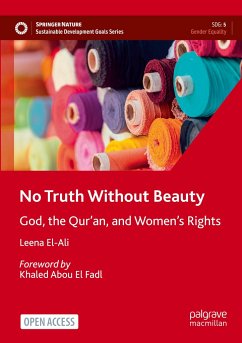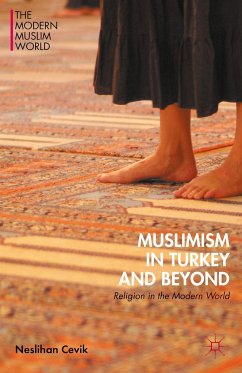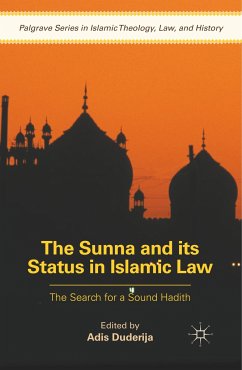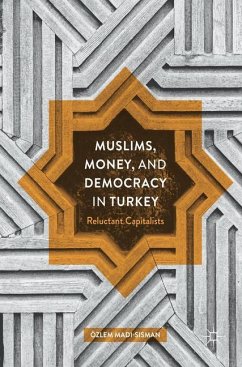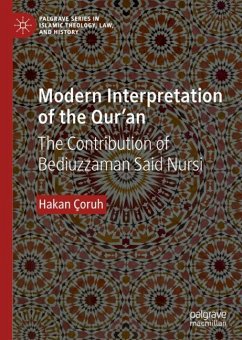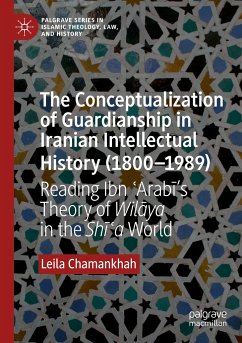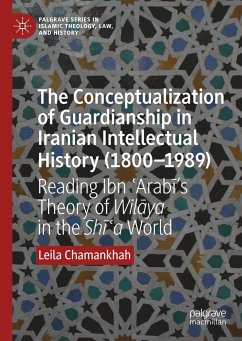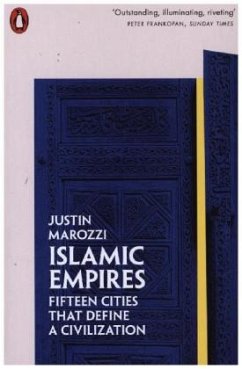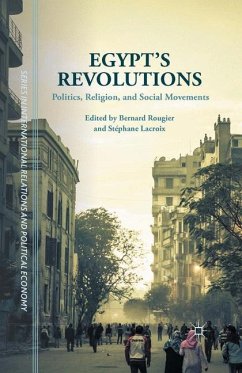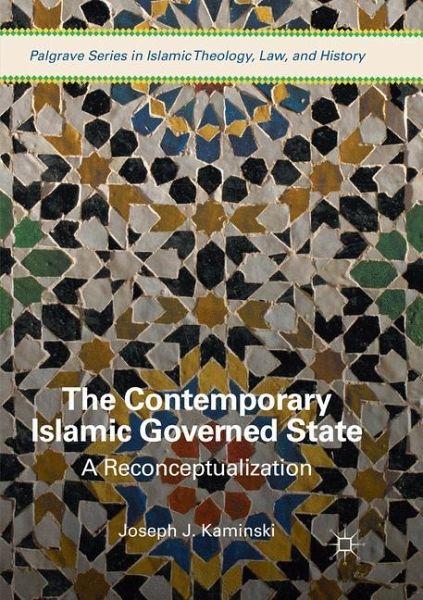
The Contemporary Islamic Governed State
A Reconceptualization

PAYBACK Punkte
11 °P sammeln!
This book offers a normative reconceptualization of a modern Islamic governed state. First, Joseph Kaminski surveys the historical context of the trajectory of Islamic thought, and offers a unique discursive framework for reconceptualizing an Islamic governed state that rejects secular Enlightenment liberalism and instead is heavily grounded in Ancient Greek ideals of politics and political leadership. Despite heavily borrowing from Greek thought, the model offered remains firmly rooted in a Shari'ah-based, discursive ontological framework. The volume explores topics of bureaucracy, law, democ...
This book offers a normative reconceptualization of a modern Islamic governed state. First, Joseph Kaminski surveys the historical context of the trajectory of Islamic thought, and offers a unique discursive framework for reconceptualizing an Islamic governed state that rejects secular Enlightenment liberalism and instead is heavily grounded in Ancient Greek ideals of politics and political leadership. Despite heavily borrowing from Greek thought, the model offered remains firmly rooted in a Shari'ah-based, discursive ontological framework. The volume explores topics of bureaucracy, law, democracy, women in politics, and economic justice. Further, this volume presents case studies from Turkey, Egypt, Tunisia, and Malaysia, and utilizes the presented theoretical framework as a lens for analysis.




